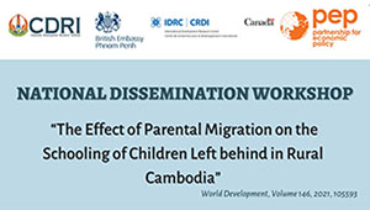Migration, Remittances and Child Schooling in Rural Cambodia
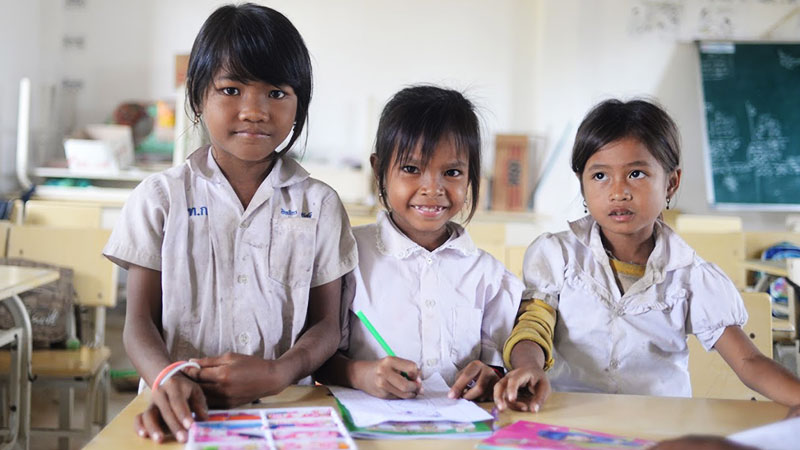
Growing
rural-to-urban and international migration flows have sparked concerns about
the investments in education of the children left behind in Cambodia. We draw
on a panel household-level survey conducted in rural villages in 2014 and 2017
to analyze the relationship between parental migration and child schooling. The
analysis reveals that children of migrant parents lag significantly behind in
terms of completed years of schooling. The longitudinal dimension of the data
is used to estimate a placebo test, which greatly reduces the concerns related
to the possible confounding effect of unobserved heterogeneity. The negative
effect that we uncover appears to be mostly driven by the reduced parental
input in children's education rather than by an increase in child work.
Project Members
Publications
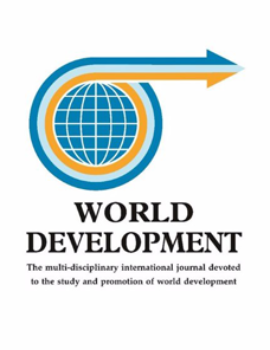
The Effect of Parental Migration on the Schooling of Children Left behind in Rural Cambodia
News & Events
Other Projects
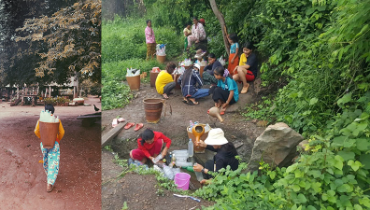
Cambodia Gender and Inclusive Development Analysis...
This study aims to fill this gap in research by conducting a Gender and Inclusive Development Analysis (GIDA) combining qualitative and quan...

Cambodia's Agri-Food Trade: Structure, Challenges,...
From the early 1990s, Cambodia’s agricultural food trade was seen as exports of raw materials and unprocessed primary commodities to neighbo...
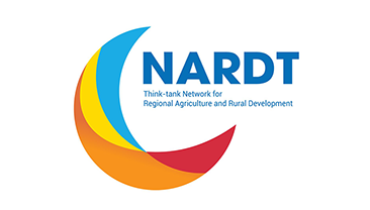
Network for Agriculture and Rural Development Thin...
The Network of Agriculture and Rural Development Think-tanks (NARDT) project is designed to form a consortium with flexible cooperation mech...

On-farm Food Safety in Horticulture in Cambodia: T...
Despite being an agrarian economy, Cambodia imported vegetables approximately 70 percent of the total domestic consumption because the com...





